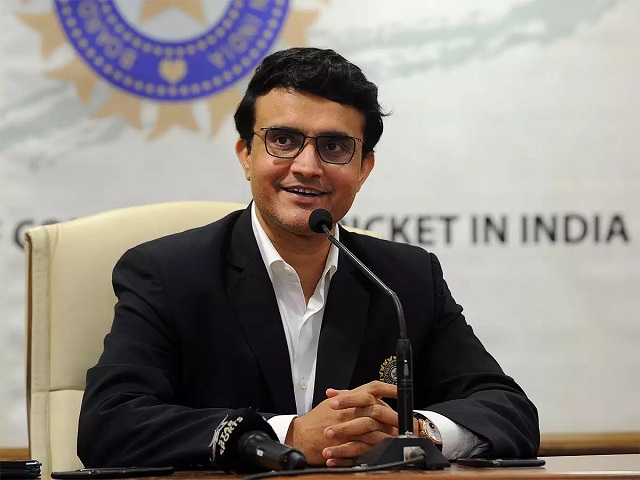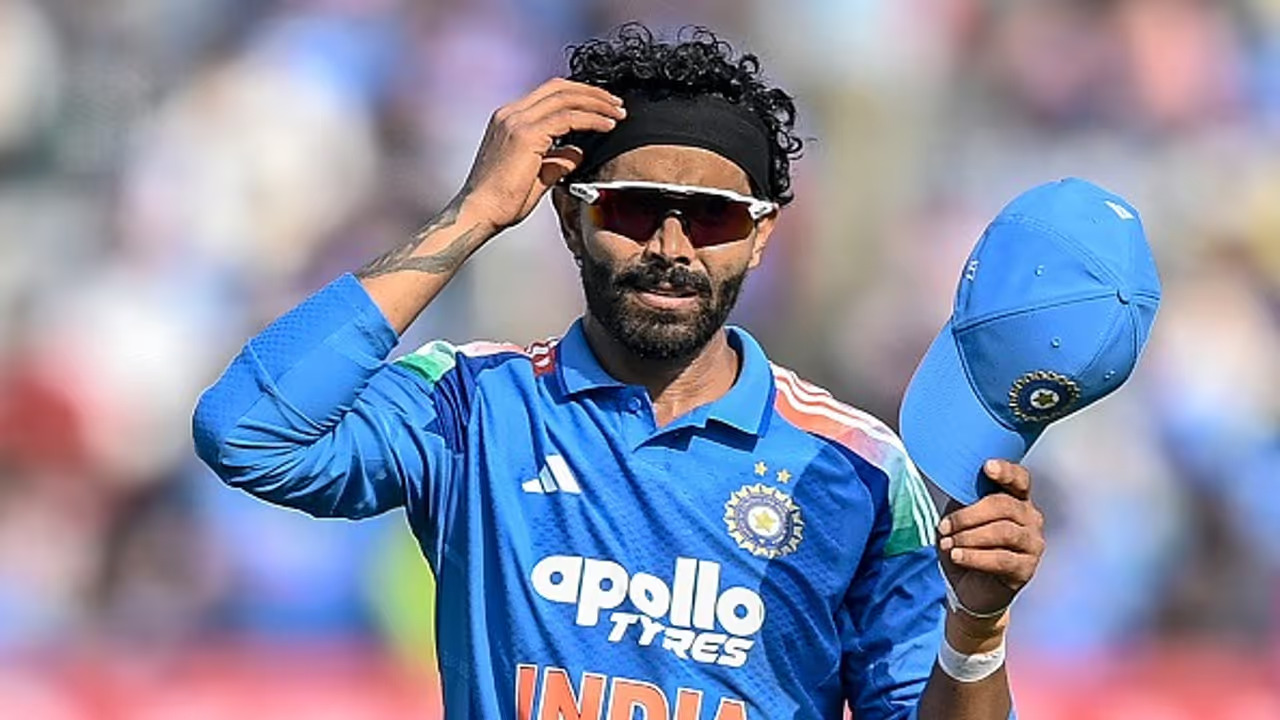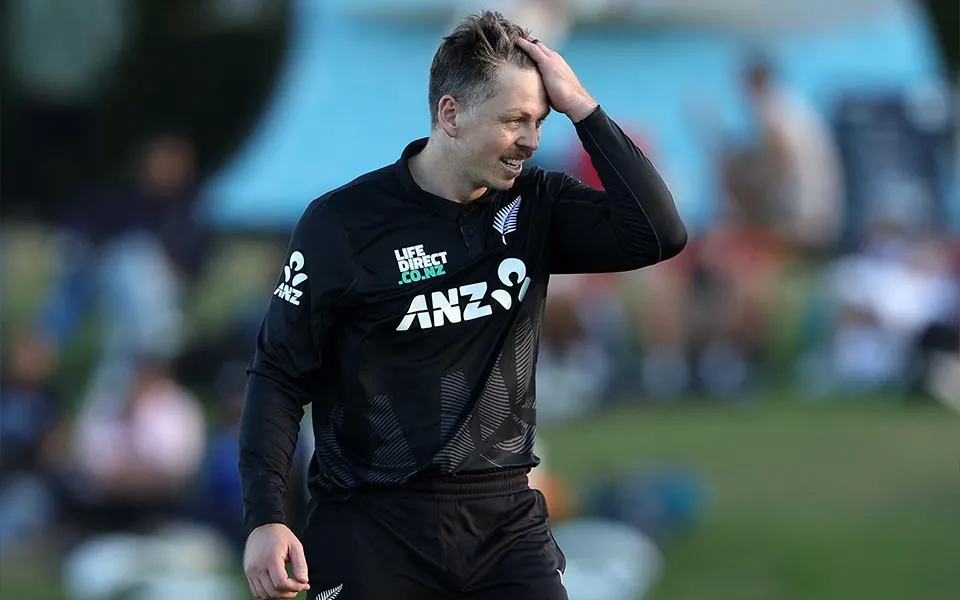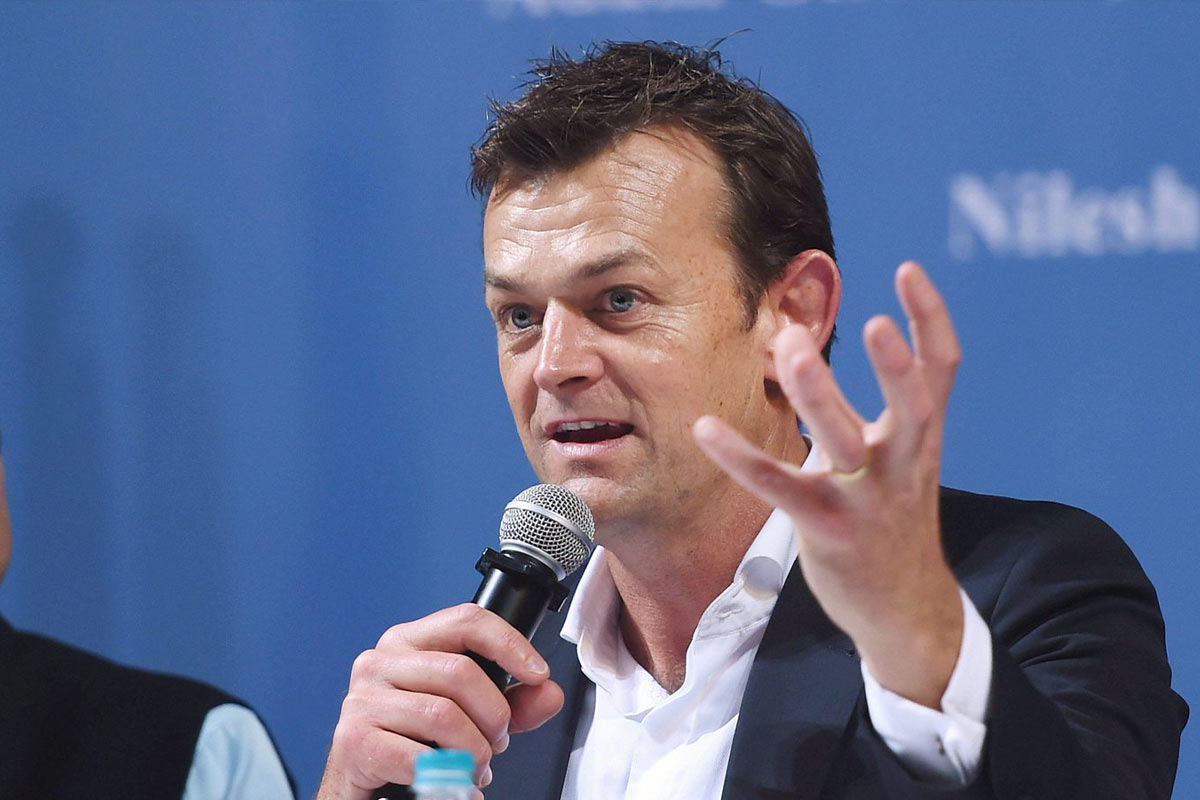According to Sourav Ganguly, all T20 competitions are located in nations where cricket is widely played.
Sourav Ganguly, a former Indian captain and president of the BCCI, thinks that in the not-too-distant future, cricketers will realise how crucial it is to play for their country, and that the current state of the ecosystem would ensure that only a handful of the world’s T20 leagues will remain.
Sourav Ganguly, speaking at a Sportstar event in Kolkata, said that within four to five years, only a select few T20 leagues would remain as players came to the realisation that the rest were not significant. All of these leagues are in nations where cricket is a popular sport.
In reference to international cricket leagues, he said, “We keep talking about the leagues around the world; if you look at the IPL, it is in a different ecosystem and different league; the Big Bash in Australia does very well; The Hundred does very well in the UK; and I see the South Africa league doing very well, I have been watching it for the last three weeks.
Since Sourav Ganguly has been at the helm of both the Cricket Association of Bengal (CAB) and the Board of Control for Cricket in India (BCCI), he is certain that poor performance on the international stage is due in large part to poor administration.
He continued, “Administration has a lot to do with it” (teams struggling in international cricket). Having served as president of the CAB for five years, the BCCI for three, and then representing India in the ICC, I can attest to the truth of that statement.
According to Sourav Ganguly, Zimbabwe had a more formidable squad in 1999, when he participated in his first World Cup, despite having less money.
He reflected on his first World Cup experience, saying, “Zimbabwe could beat anybody.” Cricket in Zimbabwe probably did not have a lot of funding back then; even Indian cricket probably did not.
“The West Indies, back in the Michael Holding, Andy Roberts, and Joel Garner days — where was the cash?” Not that I could find, however. Keeping good administration is crucial for retaining athletes, Ganguly stressed.
The former Indian captain wrapped up by saying that a positive rapport between players and administrators is key to resolving many issues and encouraging more players to contribute to their country. He remarked, “A lot of issues can be resolved if the relationship between players and administrators is excellent. No longer do I believe financial constraints to be an impediment for Cricket. Our national team needs to keep its best players.
After leading CAB as president from 2015 to 2019, Ganguly will lead India’s cricket governing body as president for the next three years (2019–2022). Not only was he the first Indian captain to chair the board in 65 years, he was also the first Indian captain ever.


![[WATCH] IND vs NZ 2026: Virat Kohli playfully pushes Daryl Mitchell off the field after Indore ODI century 3 [WATCH] IND vs NZ 2026: Virat Kohli playfully pushes Daryl Mitchell off the field after Indore ODI century](https://cricketmood.com/wp-content/uploads/2026/01/post_image_b3dec83.jpg)
![[WATCH] Harshit Rana reveals how Rohit Sharma's golden advice earned him success 4 [WATCH] Harshit Rana reveals how Rohit Sharma's golden advice earned him success](https://cricketmood.com/wp-content/uploads/2026/01/ANI-20250206190-0_1738846506690_1738846615232.jpg)

